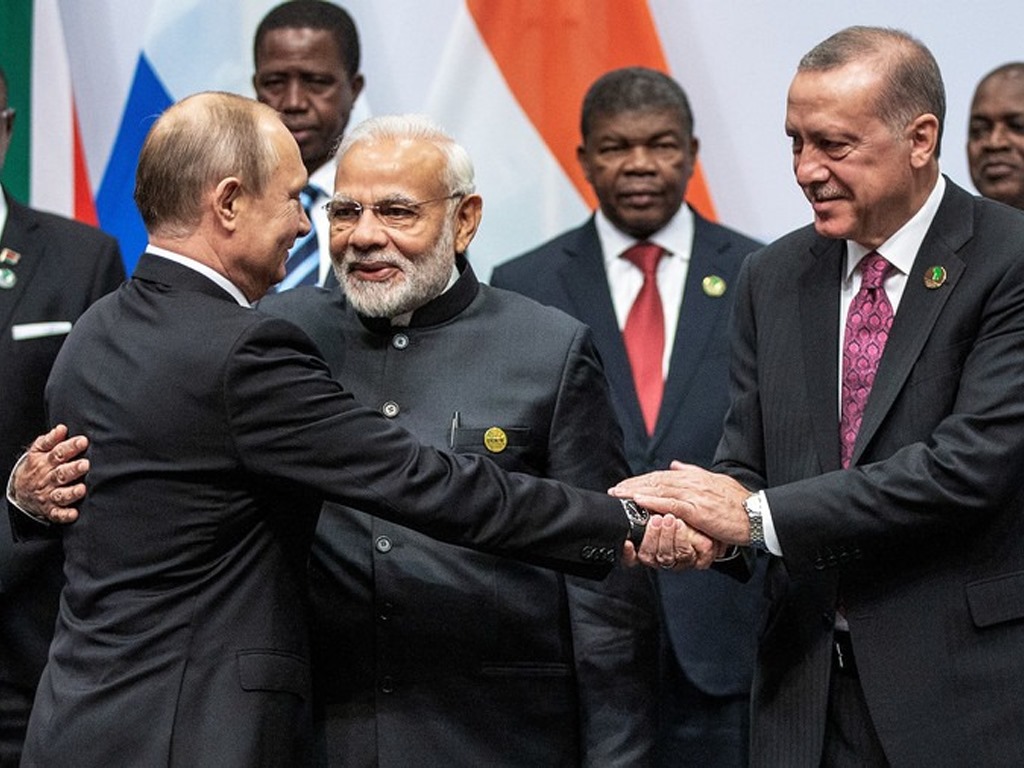Turkey makes official bid to join BRICS bloc, aiming for stronger global influence

Turkey, a key member of NATO, has formalized its desire to join the BRICS group, an economic bloc initially formed by Brazil, Russia, India, China, and later South Africa. Ömer Çelik, the spokesperson for Turkey’s ruling Justice and Development Party (AKP), confirmed that President Recep Tayyip Erdogan has reiterated this ambition multiple times in recent years.
A longstanding aspiration
Turkey’s interest in joining BRICS is not new. Official records show that Ankara began exploring the possibility as early as 2005.
If successful, Turkey would become the first NATO member and the only European Union candidate to seek membership in this coalition of emerging economies.
The BRICS nations, which are scheduled to hold their next summit in October in Kazan, Russia, have grown to represent a significant force in the global economy.
Turkey’s relationship with BRICS dates back several years, including its participation in the 2018 summit held in South Africa, highlighting its interest in closer cooperation with the group.
BRICS expansion and Turkey’s strategic position
Originally founded by Brazil, Russia, India, and China in 2009, BRICS added South Africa in 2010. The group expanded further this year, welcoming several emerging economies such as Egypt and Iran.
President Erdogan believes that Turkey’s inclusion in BRICS would be a pivotal step in securing a more influential global role.

He has consistently advocated for strengthening Turkey’s ties with both Eastern and Western powers, seeing this dual approach as essential for the country’s prosperity and respect on the world stage.
Erdogan’s vision aligns with BRICS’ growing influence, as the bloc continues to attract interest from nations seeking an alternative to Western-dominated financial institutions and global alliances.
If Turkey successfully joins BRICS, it could reshape its geopolitical stance, balancing its long-standing NATO membership with deepened connections to the rapidly growing economies of the East.












